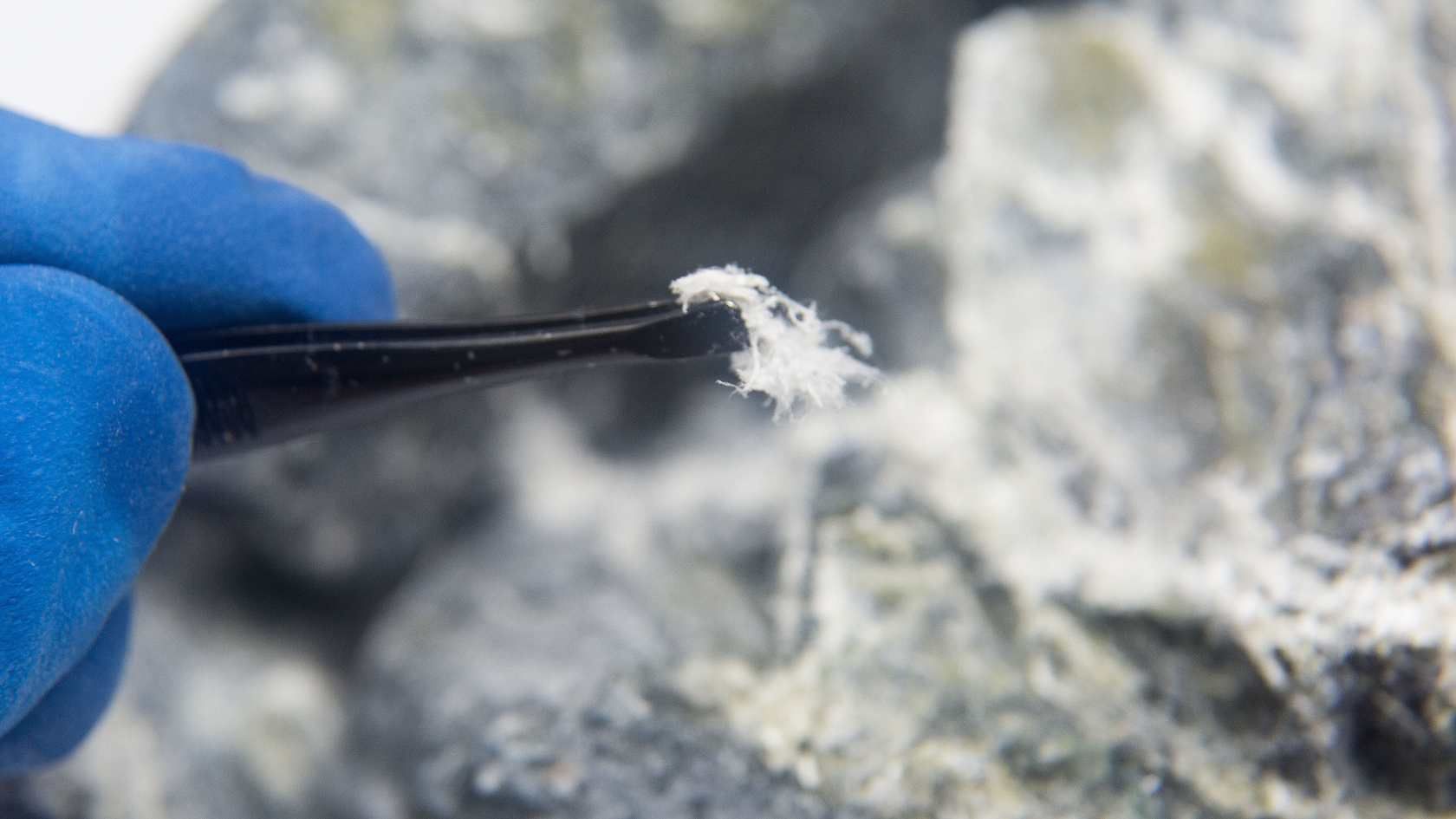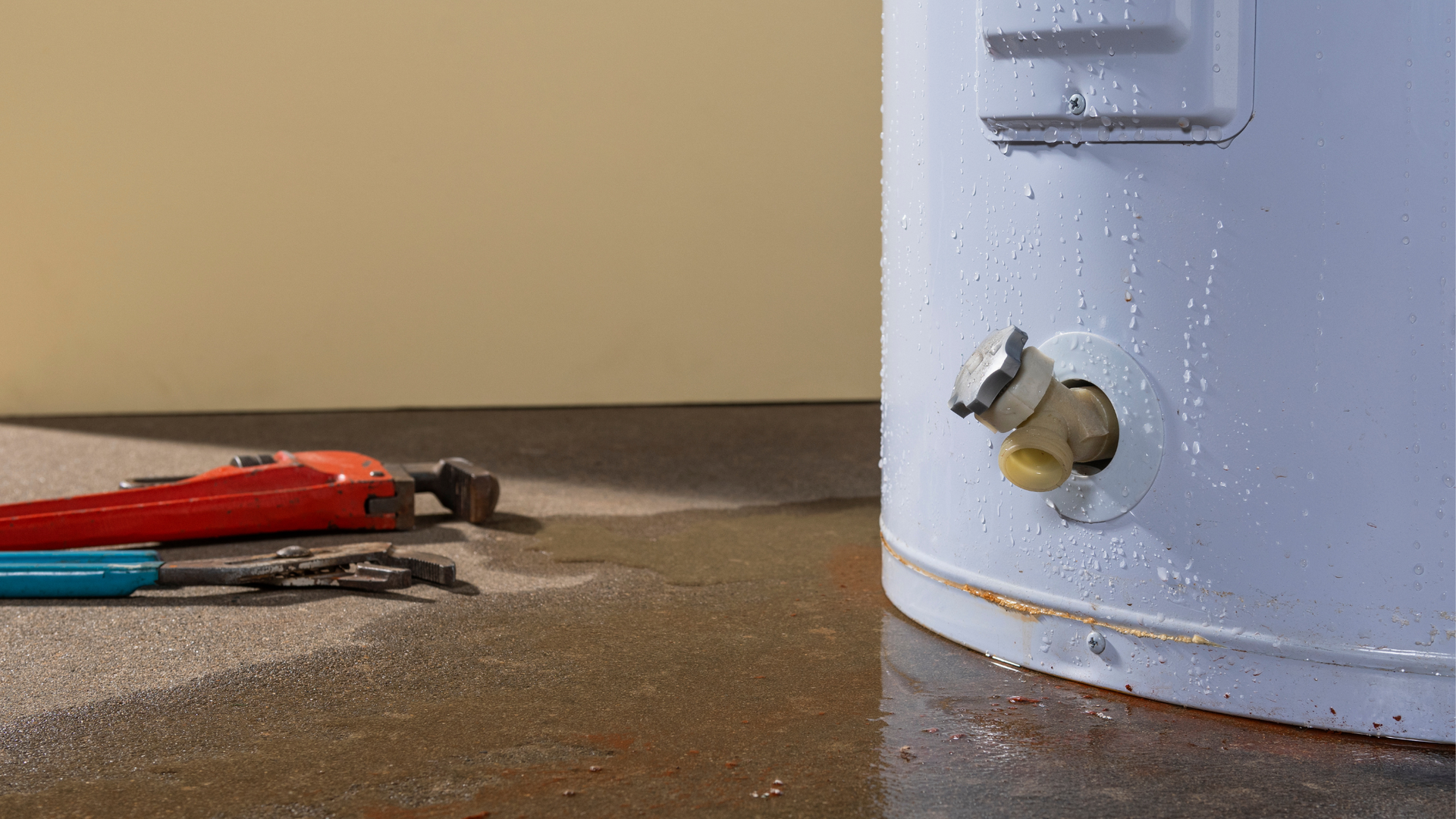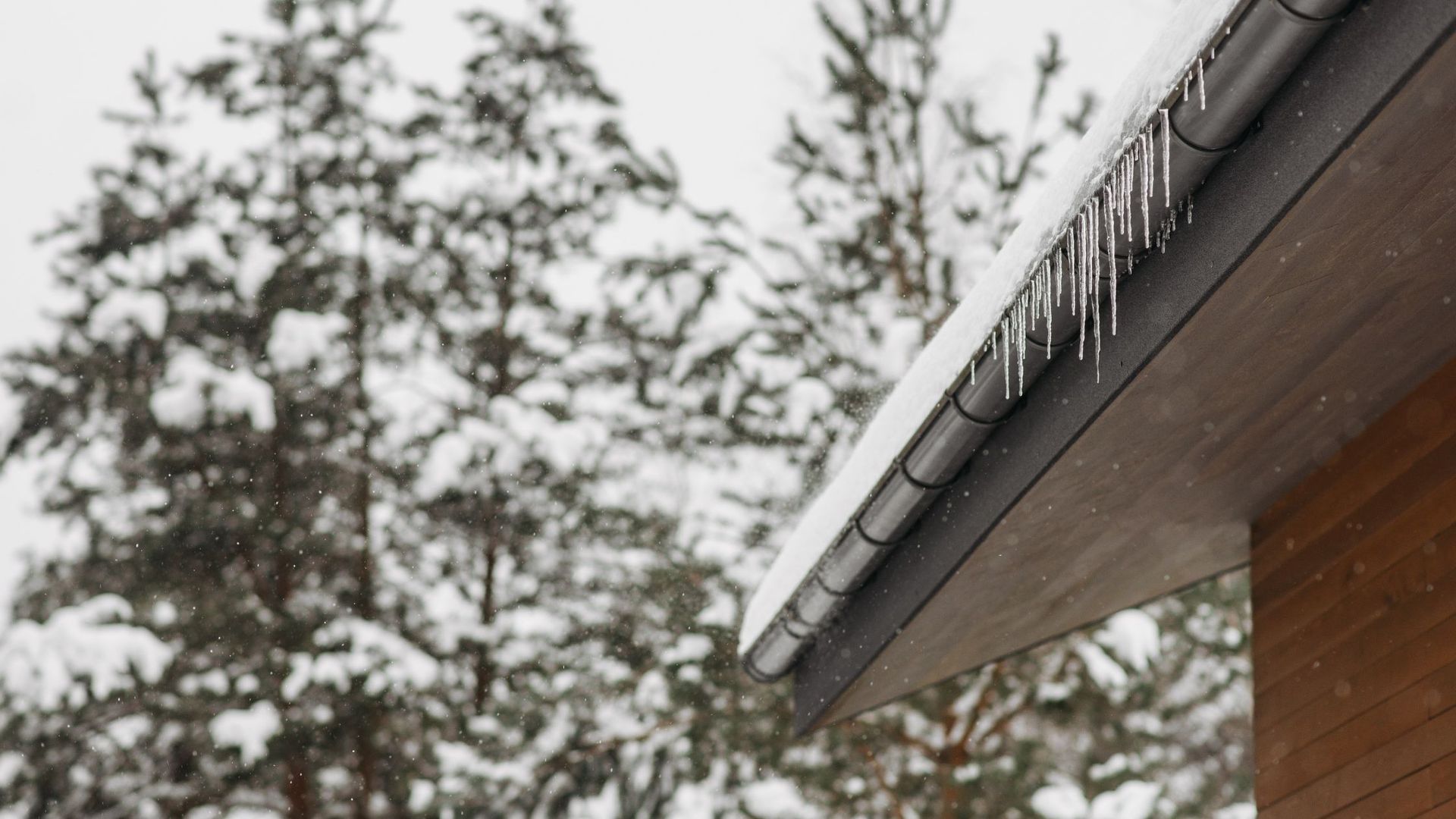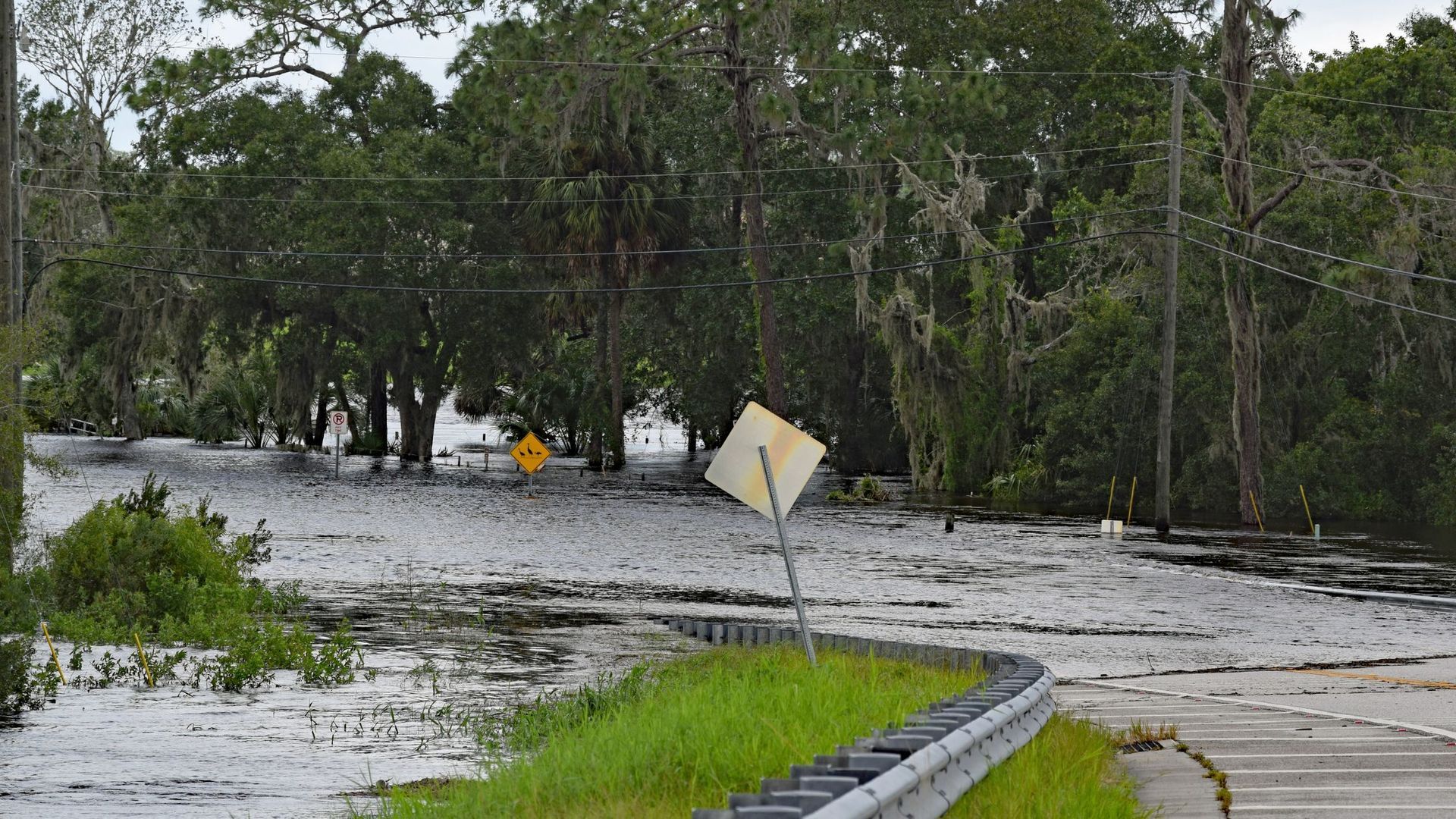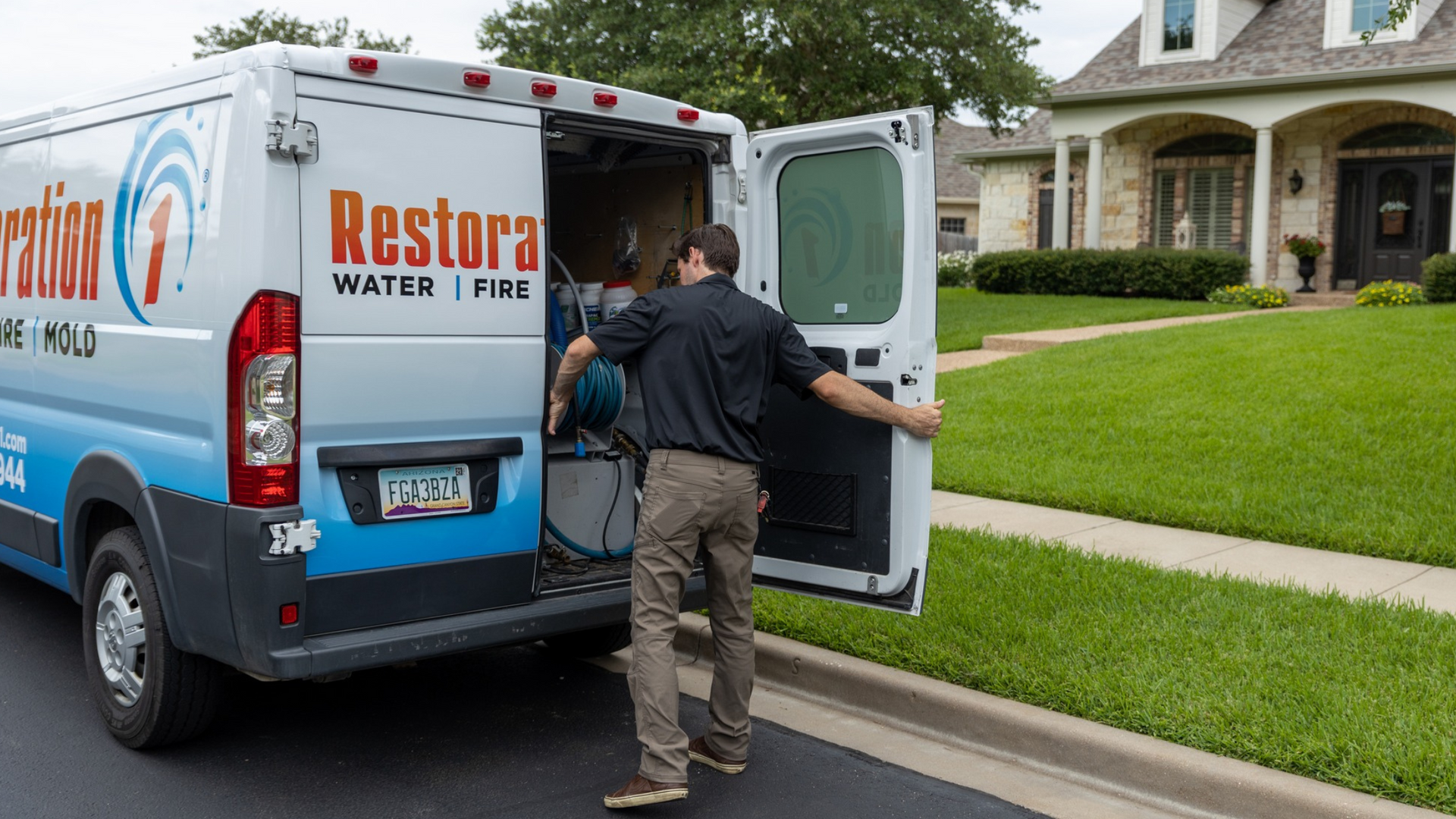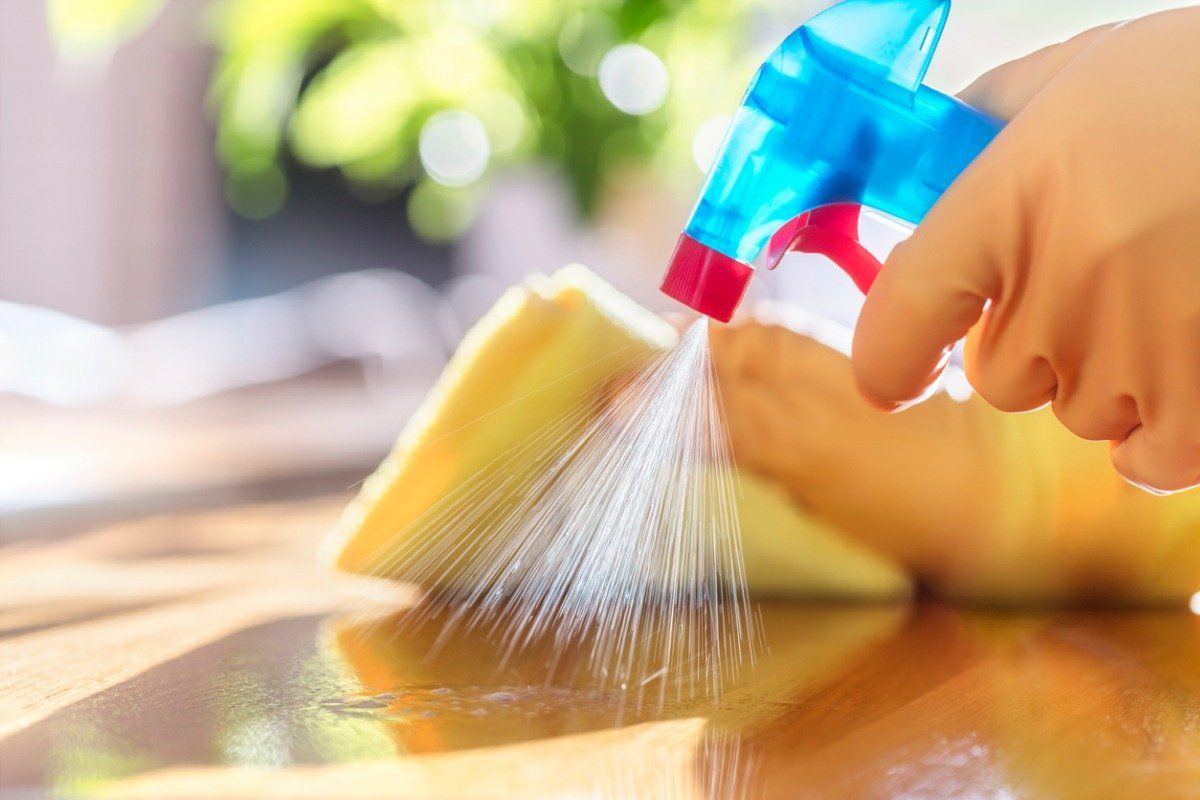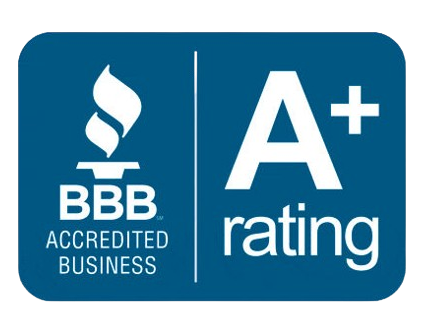What’s Causing Basement Water Leaks?
Unforeseen water in the basement not only damages walls, floors, and belongings but also increases the risk of mold growth. Identifying and resolving the water source promptly is key to addressing the issue and restoring the property.
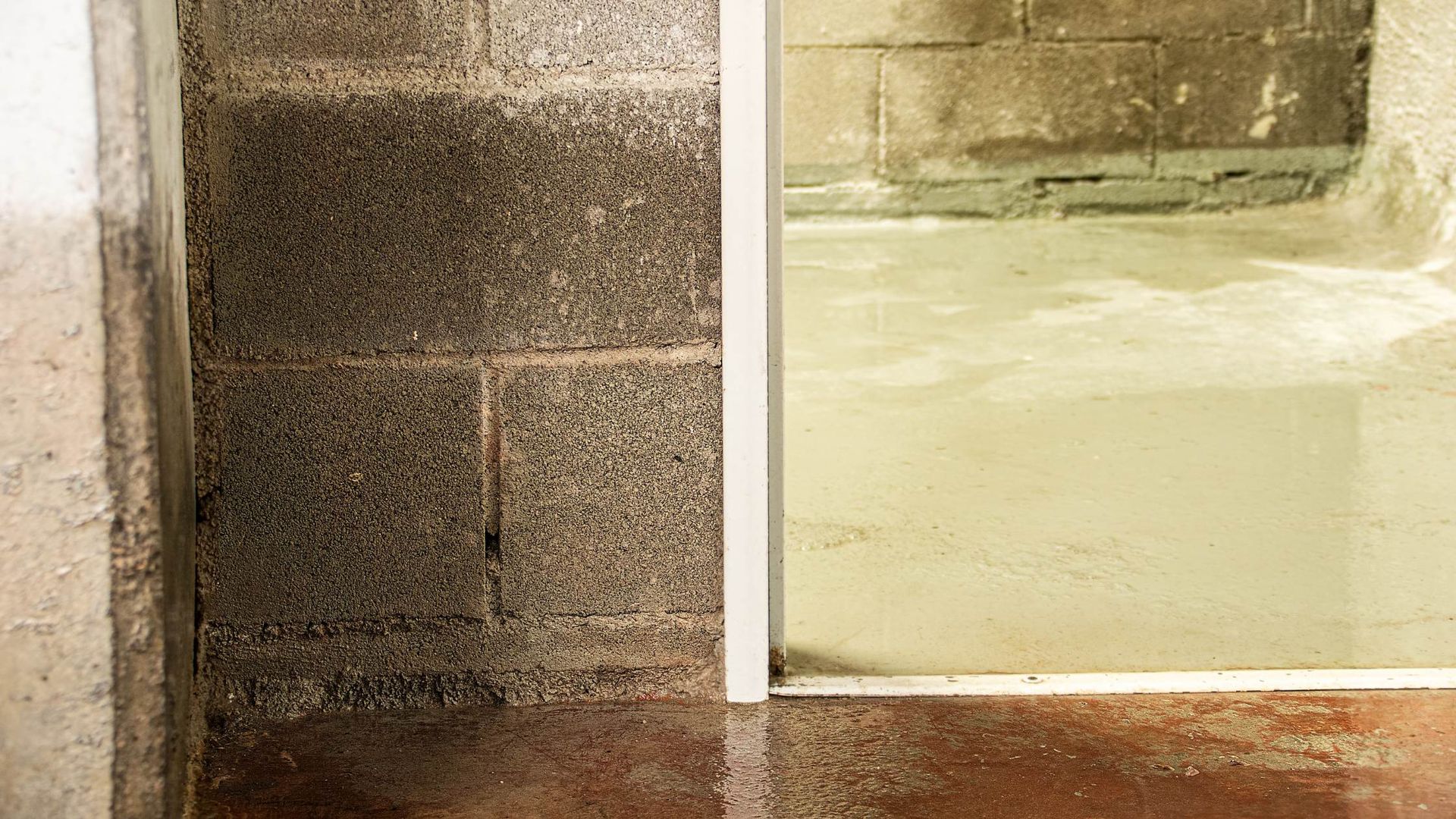
Basements often attract unwelcome water, being situated underground and serving as a hub for plumbing, appliances, and utilities. Addressing water issues in your basement is crucial to prevent damage and maintain the integrity of your home.
Identifying the Origins of Basement Water
Various factors contribute to water infiltration into basements, each falling into distinct categories:
- Floodwaters: Water flowing from ground level through doors or windows can easily breach basement barriers.
- Sump Pump Failures and Drain Backups: During heavy rainfall or rapid snow melting, sump pumps can fail or main drains can become overwhelmed, causing water to enter the basement.
- Foundation Problems: Cracks and seepage in the foundation may not immediately cause severe damage, but they can lead to persistent leaks over time.
- Plumbing Issues: Burst pipes, clogged lines, or overflowing toilets are common culprits for basement flooding and may pose sewage-related concerns.
- Appliance and Utility Leaks: Basements often house appliances like washing machines, water heaters, and HVAC systems, all of which can leak and contribute to water damage.
Next Steps When You Identify Water in Your Basement
Regardless of the water source, prompt mitigation is essential. Many sources can introduce sewage into the basement, while all have the potential to cause significant water damage and promote mold growth. Contacting your insurance agent is vital, as coverage varies depending on the water source. Once the source is identified and addressed, mitigation efforts can commence. Engaging a professional restoration company like Restoration 1 is recommended for tasks such as water extraction, demolition of irreparable materials, installation of drying equipment, and sanitization of affected areas and contents. These steps prepare the basement for any necessary rebuilding and reconstruction.
Unforeseen water in the basement not only damages walls, floors, and belongings but also increases the risk of mold growth. Identifying and resolving the water source promptly is key to addressing the issue and restoring the property.
For water damage restoration needs, consider contacting Restoration 1. We’re here to help you restore your property and remove your stress from life’s unpredictable circumstances. Give us a call today!
